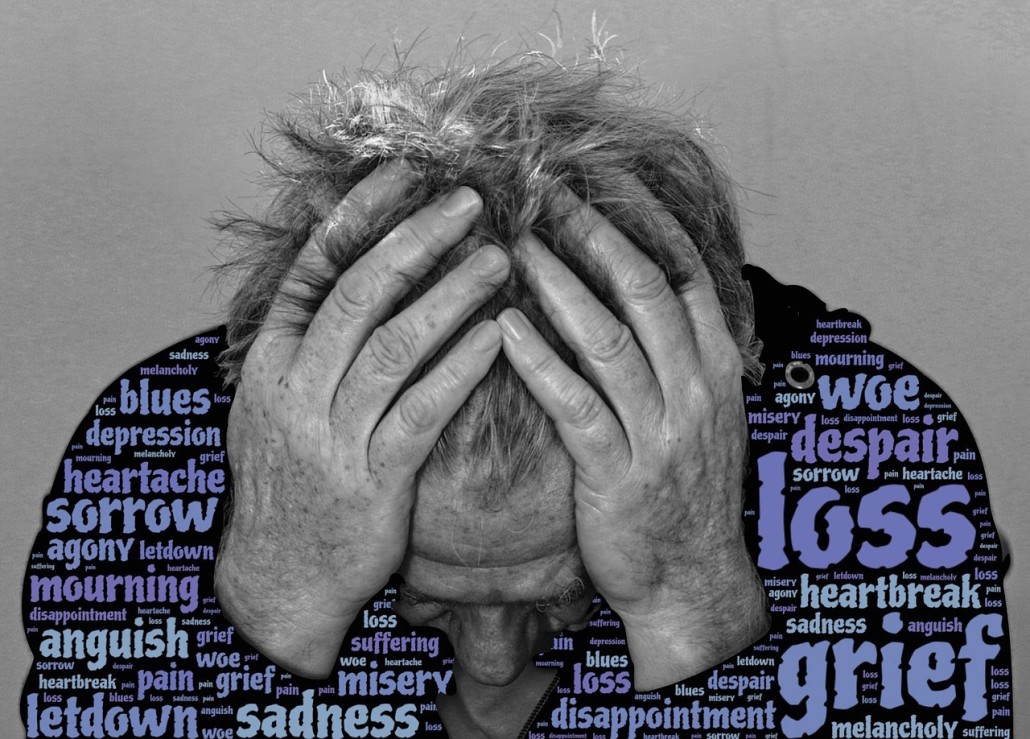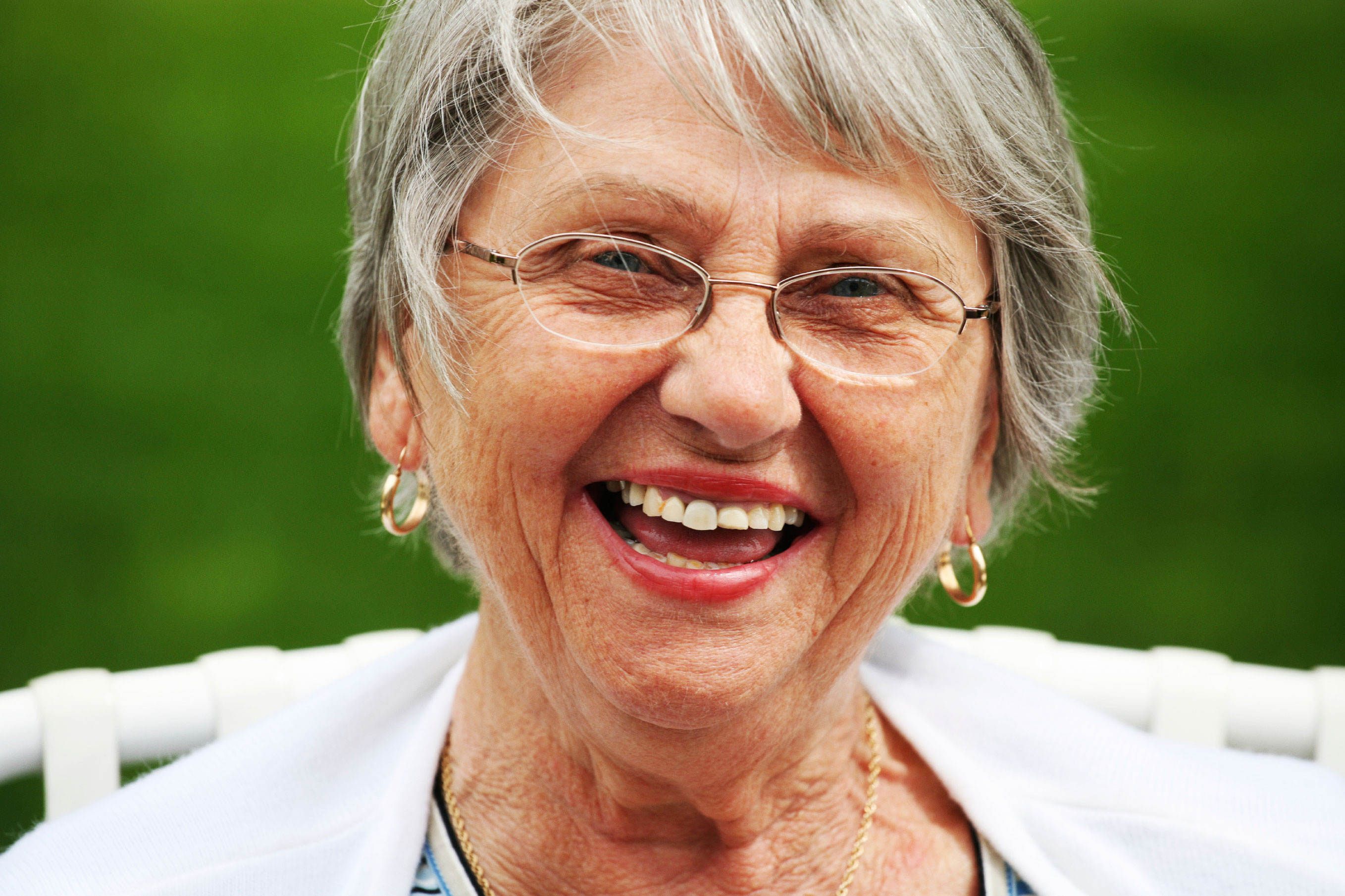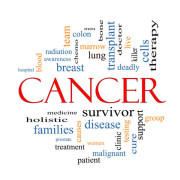Grief, Bereavement and Loss
 Grief, Bereavement and Loss
Grief, Bereavement and Loss
A guide to coping with loss after the death of a loved one
Coping with the death of a loved one is a personal experience. There is no normal or perfect way to respond.
It is our hope that this article will:
- Help you understand your feelings of grief
- Offer ways to cope with your grief
- Give you information and resources you need
What does grief, mourning and bereavement mean?
- Anticipatory grief is the feeling of grief that can happen before your loved one’s death.
- Grief is the personal response to a loss
- Mourning is a process of adapting to the death of your loved one
- Bereavement is the time spent grieving after your loved one’s death
The person loved is no longer alive, but the memories will live on forever. That part of your whole being that loves him/her is embraced when you allow yourself the privilege of remembering. Alan D. Wolfelt
What can grief feel like?
When someone you love dies, your emotions, health, social life and spiritual wellbeing can change. You may feel unusual and upset by these changes.
You may experience:
- Feeling numb
- In disbelief that your loved has died
- Anxiety and distress
- Loneliness
- Anger
- Guilt
- Sadness
- Depression
- Confusion
- Trouble focusing and making decisions
- Crying or Sighing
- Having lucid dreams about your loved one
- Seeing images of your loved one
- Feeling relieved
- Aches and pains
- Upset stomach
- Loss of sleep and being tired
- Changes in sleep and appetite
You may lose interest in:
- Day-to-day routines
- Sex or intimacy
- Relationships
How long will I grieve?
Grieving is a process. Everyone experiences grief differently. There is no right or wrong way for you to react to the death of a loved one.
Symptoms of grief will occur less often and fell less intense as time passes. As symptoms of grief lessen, you will feel able to return to day-to-day life.
People can have both good and bad days when they’re grieving. Grief can come in waves of strong emotional feelings caused by reminders of your loved one… sometimes for no apparent reason at all.
Feelings of grief can return or feel worse on special days like birthdays, anniversaries and holidays when your loved is especially missed. It is normal to revisit your grief throughout your life… even when you have moved on.
Mourning never really ends. Only as time goes on it erupts less frequently – Alan D. Wolfelt
How can I help myself?
Body
- Take care of yourself
- Talk to your family doctor about any physical concerns
- Take part in activities you enjoy such as going for a walk, reading or exercising
Social
- Talk with a friend, family member or a member of your faith community
- Share memories, stories and photographs of your loved one
- Join a group or do one-on-one counselling – This can be done in person, by phone or over the internet.
Emotional and Spiritual
- Be patient – grieving takes time
- Know that other people have responded in the same way
- Let yourself experience the pain of grief
- Know that it is alright to express your feeling
- Write a letter to your loved one… express yourself and keep it safe
- Use the resources of your faith and spirituality
There is help… Reach out!
Bereaved Families of Ontario: 416-595-9618 . http://www.bereavedfamilies.net
- Provides group, one-on-one and phone support for adults, teenagers and children
Canadian Virtual Hospice: http://www.virtualhospice.ca
- Information and support on palliative and end-of-life care, loss and grief.
Respite Services: http://www.hospice.on.ca/hospiceontario.php
- Has over 180 associate and individual members who provide free bereavement support across Ontario.
University Health Network Bereavement Support Group – 416-603-5836
- Offers an 8 week bereavement group
Wellspring Cancer Support Network: 416-961-1228 http://www.wellspring.ca
- Community-based cancer support centres that offer a variety of programs to individuals and family members
Other Resources:
- Your faith or spiritual community
- Your family doctor or health team
- Your Funeral Home
Grief only becomes a tolerable and creative experience when love enables it to be shared with someone who really understands – Simon Stephens









